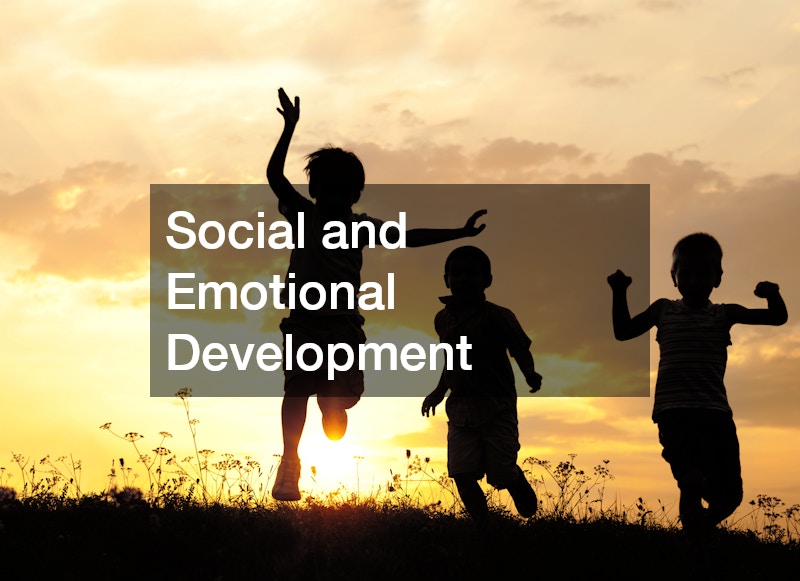Raising a child with Down syndrome comes with unique challenges and rewarding experiences. This article explores the most common questions parents and caregivers have while navigating life with a child who has Down syndrome. By understanding developmental milestones, educational support, and available resources, families can create an enriching environment that fosters growth and happiness.
What Are the Developmental Milestones for Children With Down Syndrome?
Physical Development
An overview of physical growth patterns, motor skills development, and health considerations for children with Down syndrome is essential. Children with Down syndrome typically experience slower physical development, which may include delays in walking and coordination.
Parents should be proactive in consulting with healthcare professionals to monitor growth and facilitate physical therapy where needed.
Motor skills development in children with Down syndrome varies greatly, but early intervention can significantly enhance progress. Activities that encourage movement, such as swimming and playing, promote muscle strength and coordination. Working closely with pediatricians and occupational therapists can provide tailored strategies to nurture physical development.
In addition to motor skills, families must consider health considerations, such as heart conditions and respiratory issues that are prevalent among children with Down syndrome. Regular check-ups and specialized care are crucial in managing these health concerns. Fortunately, with modern medical advancements, many children with Down syndrome can maintain a healthy lifestyle when these conditions are addressed early.
Social and Emotional Development
Exploring how children with Down syndrome develop social skills and form emotional relationships is essential for parents and caregivers. Children with Down syndrome often enjoy social interactions and form strong attachments with family and peers. Encouraging participation in group activities can enhance their social skills and foster friendships.
Parents can support social and emotional development by modeling positive interactions and facilitating playdates with peers. Children with Down syndrome benefit greatly from structured social environments, such as school and community programs. These experiences help them navigate social cues and develop empathy and understanding.
Emotional development is linked to self-esteem and confidence, which are bolstered by supportive relationships and positive feedback. By promoting independence and celebrating achievements, parents can help their children build a strong sense of self-worth. Emotional well-being is further supported by counseling and therapy services tailored to the needs of children with Down syndrome.
Learning at Home
Resources and activities parents can use at home to reinforce learning and development are invaluable. Creating a structured and supportive home environment encourages children with Down syndrome to practice new skills and develop confidence. Parents can incorporate educational games and activities that align with the child’s interests and developmental level.
Technology offers a wide range of apps and software programs designed specifically to support learning in children with Down syndrome. These digital tools provide interactive and engaging ways to reinforce concepts covered in school. Additionally, everyday activities like cooking or shopping can be used as learning experiences to teach practical skills.
Consistency between home and school environments helps reinforce learning and fosters a sense of achievement. By celebrating successes and providing positive reinforcement, parents play a crucial role in motivating their children. Collaborating with educators to create a seamless transition of learning from school to home further supports the child’s educational journey.
Healthcare and Therapeutic Services
Overview of medical and therapeutic support options available for children with Down syndrome highlights the necessity of comprehensive care. Children with Down syndrome benefit from a multidisciplinary approach that addresses physical, cognitive, and emotional needs. Regular medical check-ups and screenings are vital in monitoring health and development.
Therapeutic services, such as physical, occupational, and speech therapy, play significant roles in supporting children with Down syndrome. These therapies address specific developmental challenges and enhance overall well-being. Working with a team of specialists ensures that the child receives holistic care tailored to their unique needs.
Early intervention programs provide structured support services from a young age, maximizing developmental potential. By accessing these programs, families receive guidance and strategies that promote skill development and independence. Collaboration between healthcare providers and educators ensures a cohesive approach to the child’s growth and development.
Emotional Support and Counseling
Emphasizing the importance of emotional support and counseling for parents and siblings is crucial for family well-being. Raising a child with Down syndrome can be emotionally demanding, and families benefit from having access to mental health resources. Counseling services provide a safe space for family members to express their feelings and seek guidance.
Support groups offer a platform for parents to share experiences, challenges, and successes. Connecting with others who understand their journey provides emotional reassurance and advice from those with similar experiences. Siblings may also benefit from counseling to discuss their unique role and relationships within the family dynamic.
Resilience and emotional well-being are supported by self-care practices, stress-reduction techniques, and maintaining a balanced lifestyle. Regular self-reflection and reaching out for support when needed help parents cope with the demands of raising a child with Down syndrome. By prioritizing mental health, families create a nurturing environment that supports the well-being of everyone involve
Raising a child with Down syndrome involves unique joys and challenges. With the right support and resources, parents can ensure that their child thrives and reaches their full potential. By understanding developmental milestones, building strong educational partnerships, and accessing comprehensive support systems, families create a foundation for growth and fulfillment.
.





